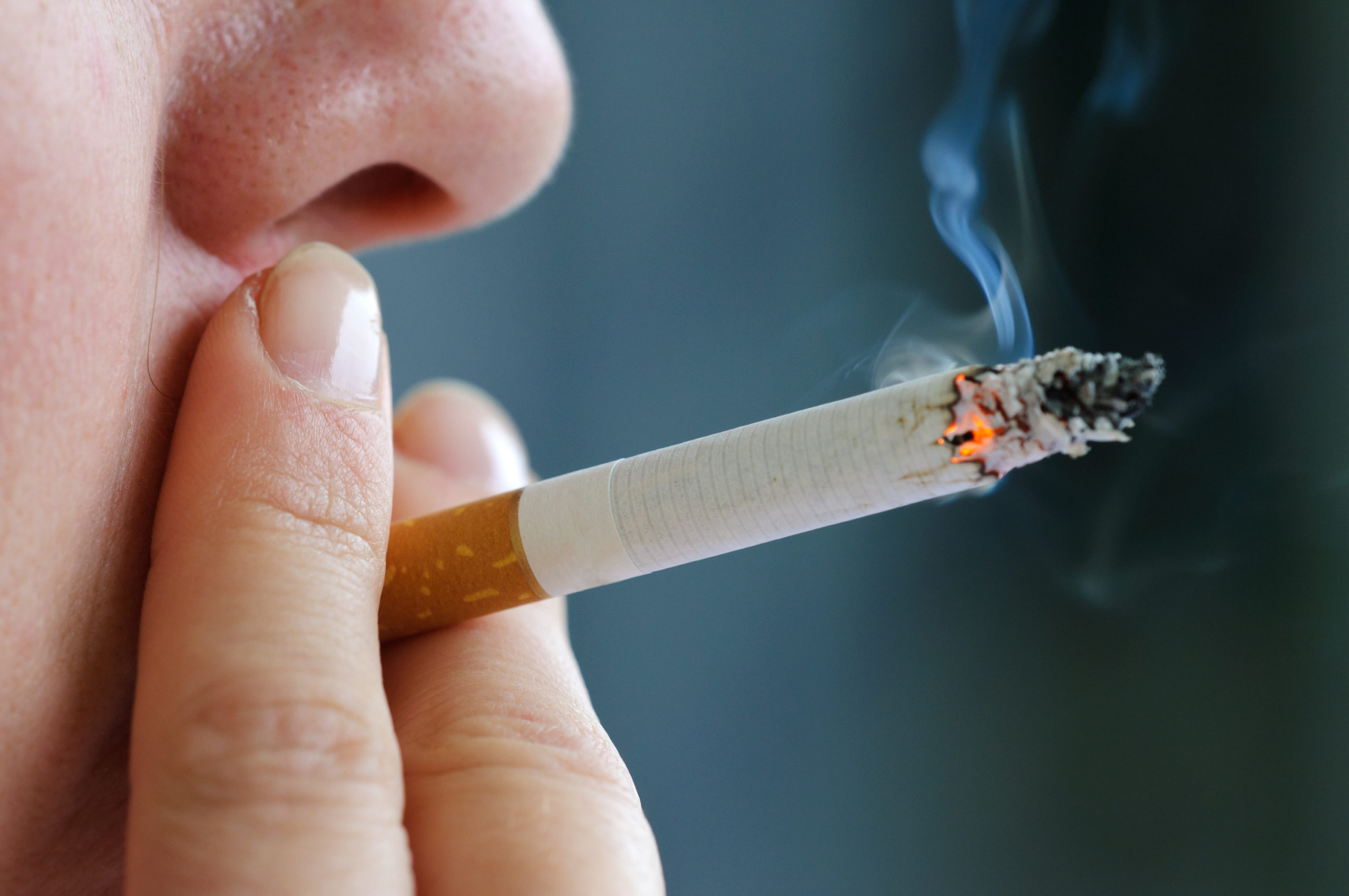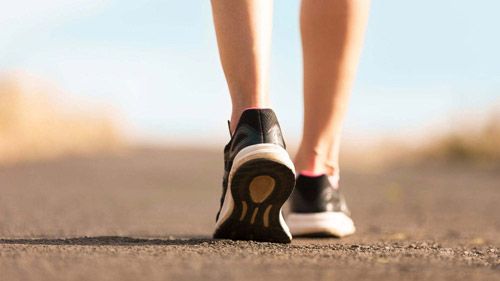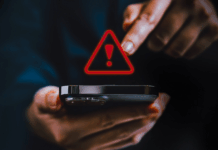Around two billion cups of coffee are consumed daily by individuals all over the world, yet some folks just don’t grasp the buzz. They don’t experience the energy boost that caffeine is supposed to cause, or even worse, coffee merely makes them uneasy and ill. There are several reasons why caffeine could not have the desired impact, including high and low sensitivity. Your genes are just one of them!
You might be too used to caffeine
Your first cup of coffee certainly had a strong flavor and gave you the want to jump from buildings. However, after a while, you need another and maybe even a third to achieve the same result. In other words, your body adapted to it! Caffeine tolerance sets up quite fast in our bodies. Try reducing back if you believe that your excessive and frequent drinking may have stopped having an impact on you.

Use herbal tea or freshly squeezed fruit juice in place of coffee on the weekends, during times when you aren’t working, or on holidays. If you enjoy the flavor of coffee, go for decaffeinated coffee instead because it has the same scent and flavor.
Medical Conditions
Patients with liver disease, infants, pregnant women, women during the luteal phase of their menstrual cycles, and women who have slower metabolisms of caffeine. Contrarily, smoking increases the rate at which caffeine is metabolized almost twofold.

Your Genes
You might not handle caffeine well if even a tiny quantity makes you nervous, restless, and ill. And genetics have a role in it. Let’s examine the genetic foundation of caffeine metabolism in more detail.
If you have a genetic variation of the caffeine-metabolizing CYP1A2 gene that is unfavorable, your body generates less of the enzyme and you metabolize caffeine more slowly. Coffee (and other caffeinated beverages), therefore, has a more powerful impact on you.
Despite how good it sounds, people with this particular genome can have greater blood pressure as a result of drinking coffee, which makes them more prone to illnesses associated with high blood pressure.
However, carrying undesirable versions does not need you to give up your preferred morning routine. You are just being warned that consuming too much caffeine may be detrimental to you and that you should reduce your intake. With the personalized recommendations our DNA test provides, you may find out precisely how much caffeine is advised for you.
The statement “caffeine doesn’t affect me” should not deter you. You can recharge your batteries in other ways.
Exercising

A short morning workout, some stretching, or a post-meal stroll will increase circulation, sharpen focus, and have other positive effects on your general health.
Don’t use your phone before going to bed
Your sleep is disturbed if you use a smartphone, tablet, or e-reader. According to research, using light-emitting technology before bed might make it harder for you to fall asleep, decrease your melatonin levels, which help you sleep better, and make you less awake the next day.
Sleeping Hack
Open the blinds as you sleep. Your body is in sync with the natural world’s cycles. According to research, seeing a sunrise or other gradually growing light source might assist your body to realize that it is time to get up and begin the day.
Stay tuned to Brandsynario for the latest news and updates.







































